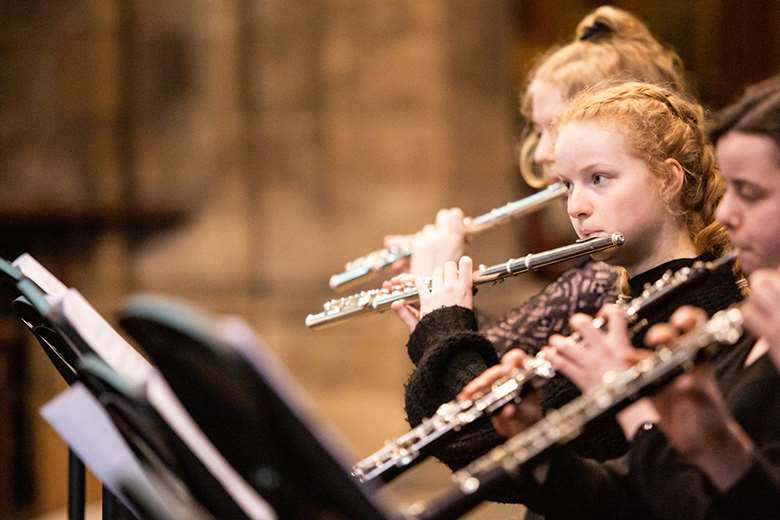Outrage as students of brass, woodwind, and voice told to consider alternative instruments
Harriet Clifford
Wednesday, December 2, 2020
A recent document proposing modifications to Music performance assessment from the Scottish Qualifications Authority (SQA) has provoked outrage among music teachers online by suggesting that brass, woodwind and voice students should learn a different instrument.

St Mary's School, Edinburgh

Register now to continue reading
Don’t miss out on our dedicated coverage of the classical music world. Register today to enjoy the following benefits:
- Unlimited access to news pages
- Free weekly email newsletter
- Free access to two subscriber-only articles per month